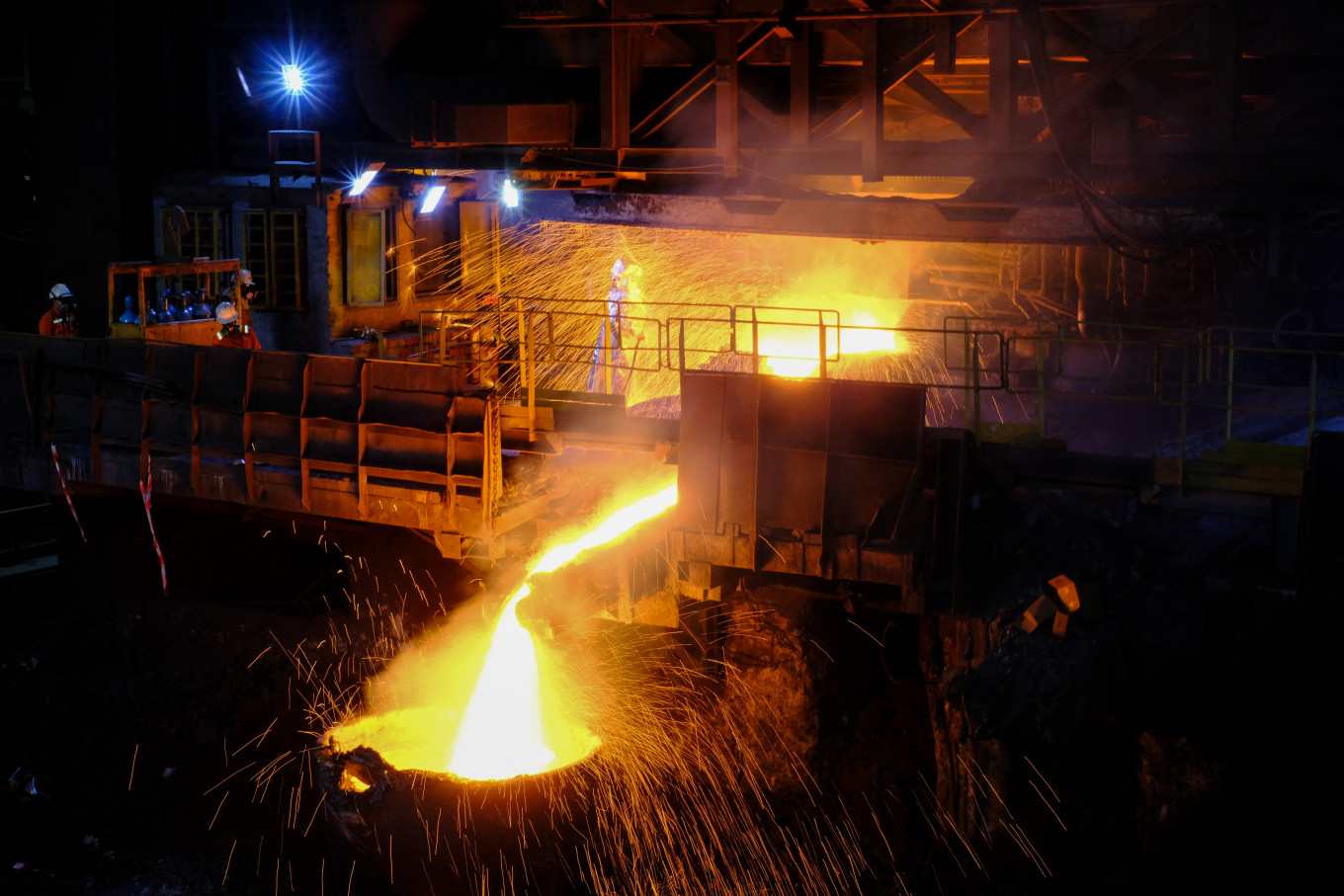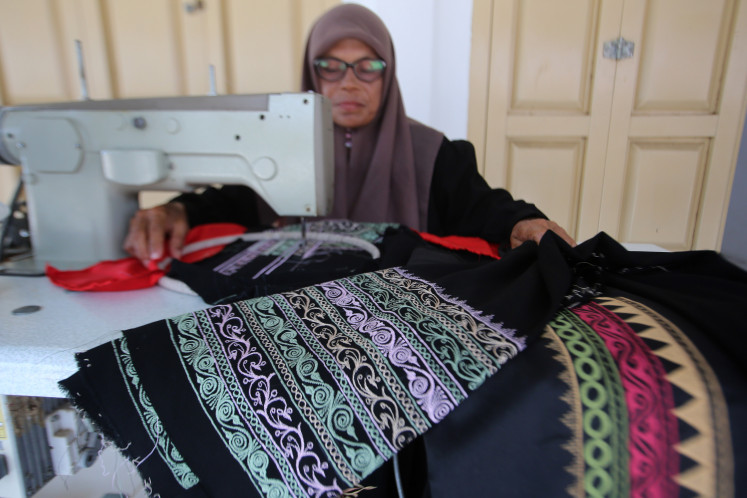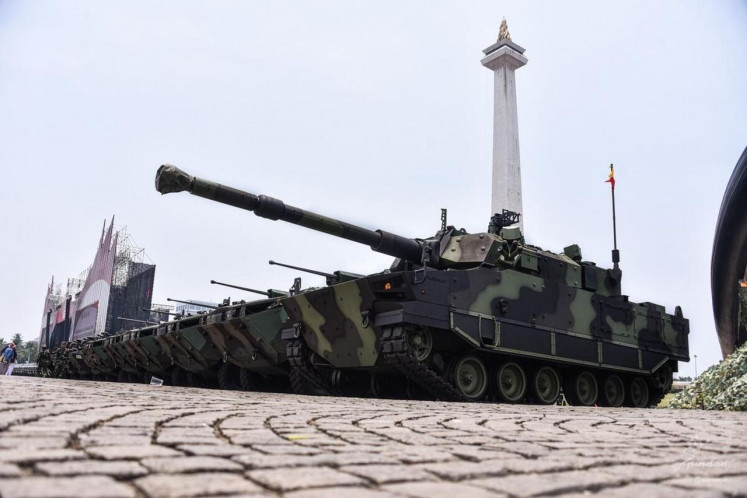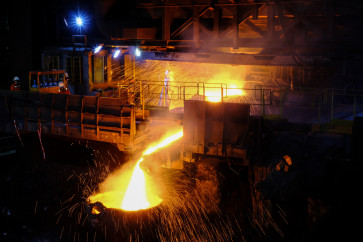Popular Reads
Top Results
Can't find what you're looking for?
View all search resultsPopular Reads
Top Results
Can't find what you're looking for?
View all search resultsGlobal securitization of rare earths: A descent into geopolitical turmoil
The global race for critical minerals like rare earth elements has descended into a geopolitical struggle, where these once-obscure resources now loom as existential threats to national survival.
Change text size
Gift Premium Articles
to Anyone
T
he global race for critical minerals like rare earth elements (REEs) has descended into a geopolitical struggle, where these once-obscure resources now loom as existential threats to national survival. Securitization, fueled by the relentless United States-China showdown and collapsing supply chains, casts a pall of dread over Indonesia’s tentative policies to control its REE reserves.
While these measures reflect a calculated effort to assert sovereignty, they are a feeble shield against the apocalyptic geopolitical risks that threaten to plunge Indonesia into trade wars, diplomatic isolation and an economic death spiral.
The global plunge into securitization is a grim prelude to catastrophe. With REE demand, crucial for military tools like radar and missiles, and green tech like EVs, set to quadruple by 2040 per the IEA’s dire 2025 Outlook, the world teeters on the brink of chaos.
China’s stranglehold on over 80 percent of REE processing has unleashed a vicious cycle of retaliation: Its 2025 export bans on tungsten and heavy REEs, a brutal counter to US tariffs, herald a future of crippling shortages and economic sabotage. The West’s frantic responses, the US bloated Inflation Reduction Act handouts and the EU’s Critical Raw Materials Act demanding 40 percent domestic processing by 2030, are mere bandages on a hemorrhaging wound. Even predatory players like Saudi Arabia, gobbling up foreign assets, are powerless against the inevitable. This “green arms race” is careening toward shattered markets, ruinous costs and a gutted sustainability agenda, dragging every nation into the abyss.
Indonesia’s policies, though calculated, are a shaky step into this maelstrom. Indonesia has branded REEs as critical under Energy and Mineral Resources Minister Decree No. 296/2023, tying them to a desperate bid for defense and economic survival. The downstreaming policy, enshrined in Law No. 3/2020, bans raw exports to force local processing, extending nickel’s shaky precedent to a speculative REE clampdown.
The August launch of the Mineral Industry Agency promises to steer REE research, exploration and radioactive handling, but its ambitions feel like grasping at straws. A Critical Mineral Security Index, limping at 5.57, exposes robust reserves but abysmal gaps in accessibility and ESG (environmental, social and governance) compliance. Tax breaks have lured billions in foreign direct investment (FDI), but these are brittle lifelines in a world poised for collapse.
These efforts, while strategic, demand extreme caution rather than naive hope. Domestic processing could theoretically spark jobs and stabilize revenues, but the odds are stacked against success. Partnerships with the US via the Minerals Security Partnership or Australia for technical scraps align with Indonesia’s non-aligned facade, but they hinge on precarious trust in a treacherous global order. If meticulously managed, these steps might curb smuggling and supply chain crimes, but only if ESG standards, already faltering, hold firm against the tide of exploitation. The margin for error is razor-thin, and missteps could prove fatal.



















